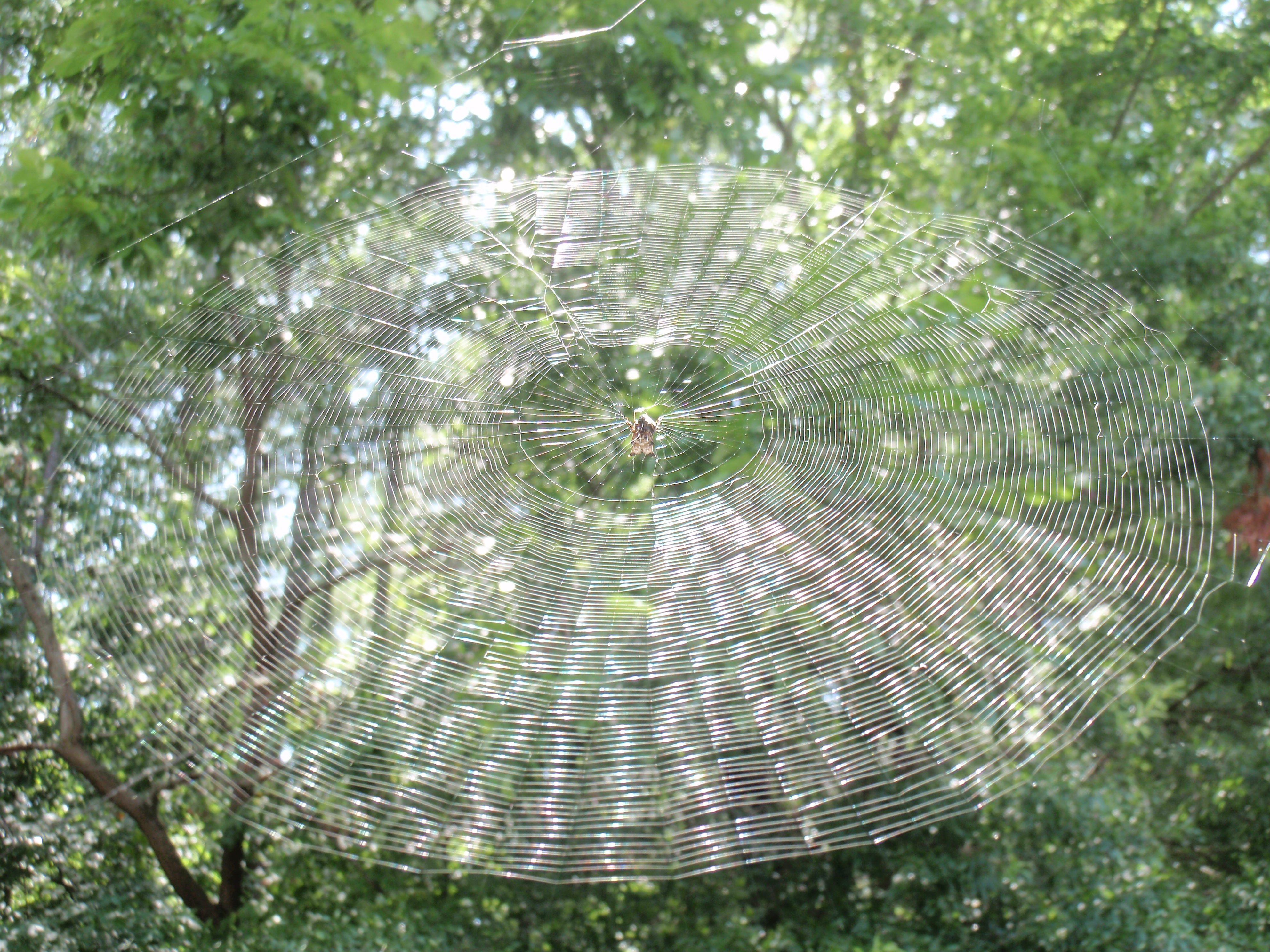The old song “Break It to Me Gently” reminds us that any time bad news is coming, we’d rather hear it gently and compassionately than point-blank and hurtful. Many times in life we will be the deliverer of, and recipient of, less than stellar news. How we deliver it, and how we receive it, is a testament to our personal and professional character.
When we are called into an estate, we walk in completely objective, prepared to tell our clients the truth of what we see. The trouble is that sometimes our clients do not want to hear what we have to say. They may feel, because they paid so much for an item, it should have increased in value. They may feel that if they have an antique, it must be worth a fortune.
We hear the stories of “mom always said this was worth a fortune.” The family folklore gets juicier with the passage of time; therefore the items must be super valuable. How difficult to be the bearer of bad news, but we must remind our clients politely not to shoot the messenger.
Sometimes, hopefully not too often, we hear stories of estate professionals who are simply too direct or gruff with elderly clients. These professionals have lost their sensitivity somewhere along the way. Some might insult the client accidentally or intentionally. Some slam down the values of their items. Some say “no one would ever want this stuff” or “you don’t have anything good enough for me to sell.” What these professionals have forgotten is the art of being tactful and kind.
It is professional and right to be honest and upfront. It is good to guide the client to a place where they have some solutions, even if you yourself cannot help them.
It is the “best of the best” in this industry that can do all of these things with a kind face and a gentle heart.
There are ways to lower the boom without lowering the spirit. Certainly there are those who feel being blunt is the way to go. These believe that our clients need a firm voice and words to make them understand their possessions are not going to be worth much, since we know their expectations are too high. After all, some people are harder to convince than others; you would be correct in that thinking.
But as with all things in life, there is a balance that we professionals must once again recapture, which many of us have forgotten because we are all pressed for time and we multitask at every turn. We’re tired and always in search of that perfect estate. Sometimes you get it. Sometimes you don’t.
Food for thought: How would each of us like to be spoken to if we were faced with selling our own possessions or the possessions of a parent? What if the items a professional slammed belonged to our moms?
It is far easier to see our side of things because we do this every day. It is far more difficult to take a moment and step outside of ourselves, to see how it feels on the flip side. This one act will separate you from the mediocre and make you among the elite in this industry.
©2014 The Estate Lady®
Julie Hall, The Estate Lady®, is the foremost national expert on personal property in estates, including liquidating, advising, and appraising. http://www.TheEstateLady.com She is also the Director of American Society of Estate Liquidators®, the national educational and resource organization for estate liquidation. http://www.aselonline.com.
No part of The Estate Lady® blogs, whole or partial, may be used without Julie Hall’s written consent. Email her at Julie@TheEstateLady.com.





